
Recent research has suggested ocean nutrient levels are affected by human activities. But what does mean for tiny single-celled marine plants at the base of the food chain? Can they adapt when faced with decreased nutrient levels, or do they simply die? And what impact will this have on the rest of the food chain?
These are some of the big questions currently being asked by environmental scientists at Bournemouth University.
A new researcher in the department, Dr Daniel Franklin, has just published  a study on cell productivity under nutrient-restricted conditions, examining two important single-celled marine plants (a coccolithophore and a diatom).
a study on cell productivity under nutrient-restricted conditions, examining two important single-celled marine plants (a coccolithophore and a diatom).
The study is in response to growing concerns that the rise in ocean temperatures will restrict nutrient supplies to the marine plants at the base of the food chain.
Dr Daniel Franklin commented: “As the surface ocean warms, we know there will be an increase in stratification, whereby a warm skin of water lies over a colder, denser layer, which might restrict nutrient supply from the deeper water to shallow water and result in decreased productivity.”
The study just published in Limnology and Oceanography examined growth of the coccolithophore Emiliania huxleyi, often found in the subtropical open ocean, and the diatom Thalassiosira pseudonana which is often found in coastal seas.
“We showed that E. huxleyi cells adapt to declining nutrients in order to wait for more nutrients, and don’t die” said Dr. Franklin. “T. pseudonana, however, which is known to grow quickly in response to increased nutrients, did not adapt, and quickly died. These two types of response reflect the ecology of the two organisms in their natural habitat.”
But in addition to understanding how sensitive cells are to nutrient changes, these findings could inform how we measure ocean productivity in the future.
“Measuring the amount of photosynthetic pigments, mainly chlorophyll, is how we assess phytoplankton productivity on the macro-scale. We measure pigments from satellites. As part of this work we have been looking at how pigments alter during cell decline so that we can refine our understanding of how productivity can be measured at the macro-scale,” said Dr. Franklin.

The full paper, entitled ‘Identification of senescence and death in Emiliania huxleyi and Thalassiosira pseudonana: Cell staining, chlorophyll alterations, and dimethylsulfoniopropionate (DMSP) metabolism’ can be viewed through the Limnology and Oceanography website.
 Exhibitions from agencies and organisations will be displayed at the conference to further contribute to the knowledge of attendees. The day will be filled with presentations and various discussion groups around relevant topical issues.
Exhibitions from agencies and organisations will be displayed at the conference to further contribute to the knowledge of attendees. The day will be filled with presentations and various discussion groups around relevant topical issues. Bournemouth University’s Director for the Centre for Intellectual Property Policy and Management (CIPPM), Professor Martin Kretschmer, has been invited to speak at the World Intellectual Property Organization (WIPO) in Geneva.
Bournemouth University’s Director for the Centre for Intellectual Property Policy and Management (CIPPM), Professor Martin Kretschmer, has been invited to speak at the World Intellectual Property Organization (WIPO) in Geneva.


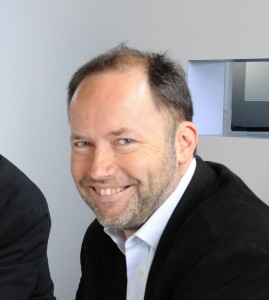
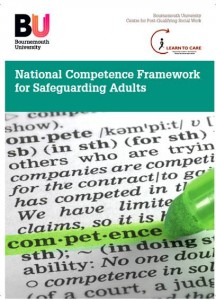
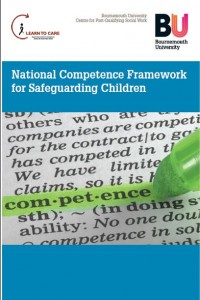


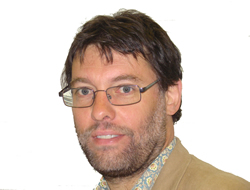
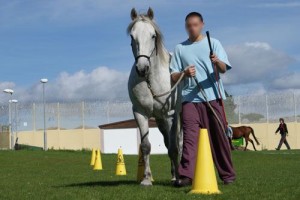
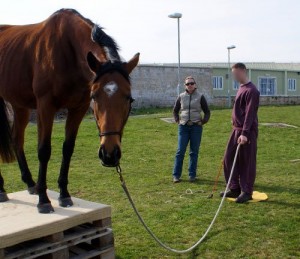 One of the participants has commented: “”I’ve been on anger management courses, alcohol courses, things like that – this is much different, you’re learning it physical, not mental if you know what I mean. It’s helped me more, without a doubt. I don’t like talking. …Normally, with other courses you’re in a group of people… you have to talk about your issues and things like that, but here you get it out in a different way, you’re doing physical things not just talking. I’ve been doing that since I was 6 years of age and it’s never worked. I learnt a lot about myself. I can actually do things. I always say I can’t but I can.”
One of the participants has commented: “”I’ve been on anger management courses, alcohol courses, things like that – this is much different, you’re learning it physical, not mental if you know what I mean. It’s helped me more, without a doubt. I don’t like talking. …Normally, with other courses you’re in a group of people… you have to talk about your issues and things like that, but here you get it out in a different way, you’re doing physical things not just talking. I’ve been doing that since I was 6 years of age and it’s never worked. I learnt a lot about myself. I can actually do things. I always say I can’t but I can.”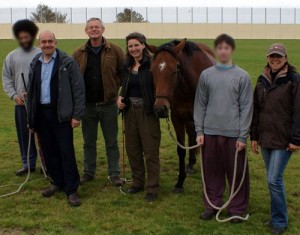

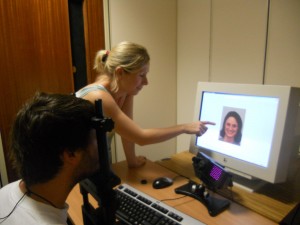 In September 2011 BU’s
In September 2011 BU’s 



 Watch this excellent short video from
Watch this excellent short video from  Watch this excellent short video from BU’s
Watch this excellent short video from BU’s 










 Upcoming opportunities for PGRs – collaborate externally
Upcoming opportunities for PGRs – collaborate externally BU involved in new MRF dissemination grant
BU involved in new MRF dissemination grant New COVID-19 publication
New COVID-19 publication Conversation article: London Marathon – how visually impaired people run
Conversation article: London Marathon – how visually impaired people run MSCA Postdoctoral Fellowships 2024
MSCA Postdoctoral Fellowships 2024 Horizon Europe News – December 2023
Horizon Europe News – December 2023